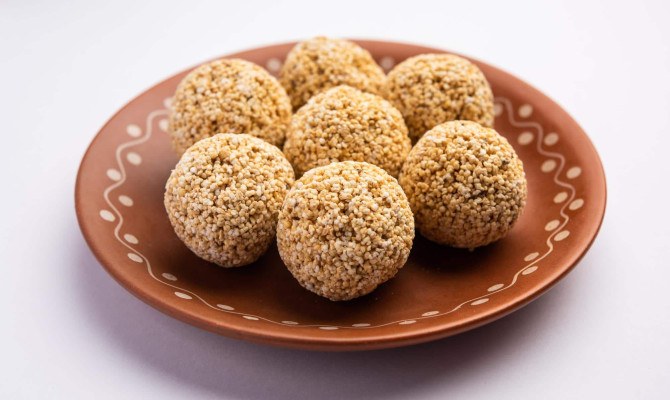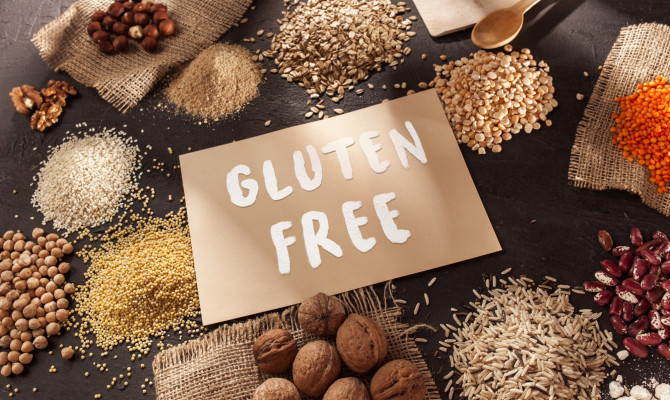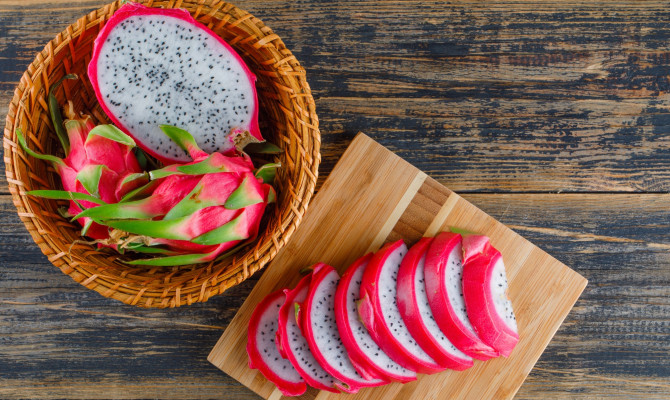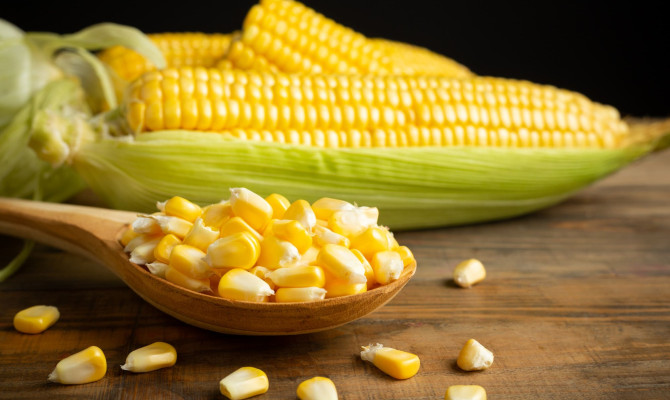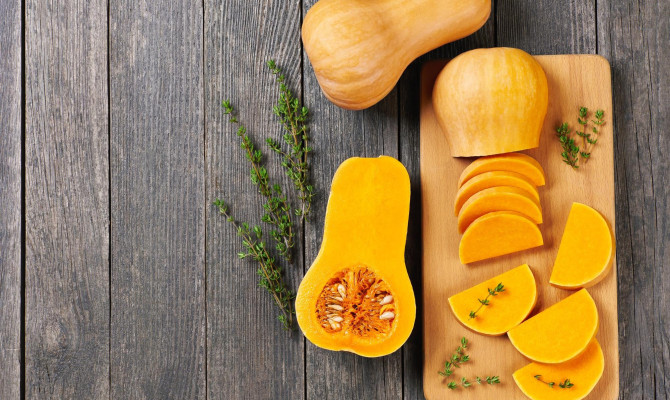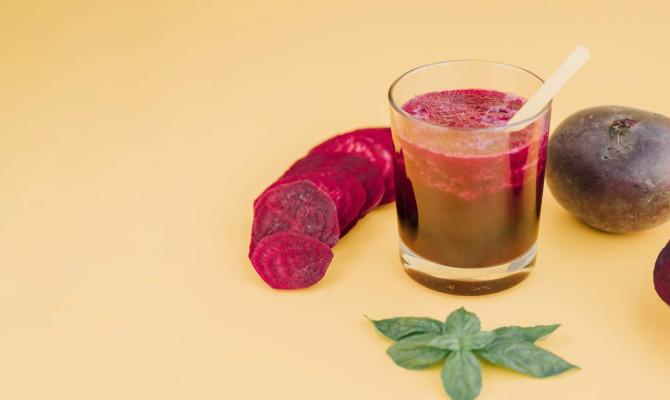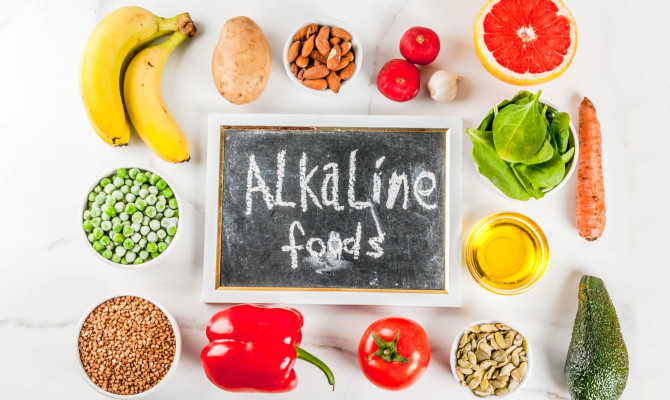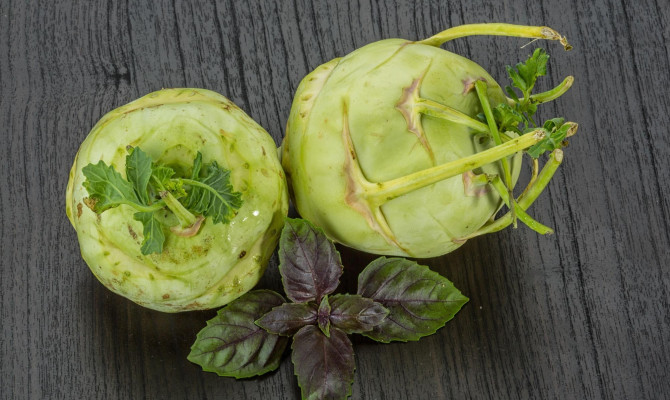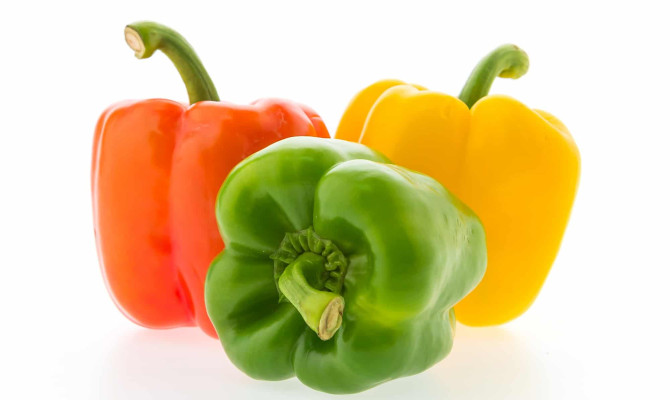Exploring the Health Benefits of Watermelon

- Watermelon
- 05 Sep 2023
Introduction
About Watermelon
The watermelon represents delicious enjoyment in the summer. This colorful fruit adds incredible sweetness to picnics and leisurely evenings. Beyond its mouthwatering flavor, it has many nutritional advantages and a fascinating history with fans from various continents and cultures. We shall examine the world of watermelon in this article, including its history, nutritional worth, health advantages, and significance. Join us as we cut through the delicious specifics of this famous seasonal delight.

Health Benefits

Health Benefits of Watermelon
- Provides hydration
- Good for immune system and skin.
- Full of antioxidants
- Promotes heart health
- Improves gut health
- Weight management
- Anti-inflammatory effects
Hydration
- A watermelon is an excellent option for hydrating because it contains roughly 92% water, especially in hot weather or after exercise. Numerous bodily functions, including digestion and temperature regulation, depend on enough hydration.
- Its high-water content makes it a valuable fruit for preventing dehydration and related conditions, such as heatstroke and urinary tract infections. 2Health Benefits | Researched based study from National Institutes of Health
Good for skin health and immune system
- It is a good vitamin C source for a healthy immune system, collagen production, and wound healing.
- Additionally, this fruit has beta-carotene, which the body converts to vitamin A. Skin, eyesight, and immune system health are all supported by it. These vitamins aid in the synthesis of collagen, the hydration of the skin, and skin damage prevention.
- High water content may support general health and keep the skin moisturized.
- Watermelon contains vitamins A and C, crucial for collagen formation and maintaining youthful, firm skin.
Antioxidants
- Lycopene, an antioxidant that gives the fruit its red color, is abundant in this food. Prostate cancer and certain other cancers, including heart disease, have been linked to a decreased risk due to it.2Health Benefits | Researched based study from National Institutes of Health
- Citrulline, an amino acid, may enhance blood flow by raising nitric oxide levels. This food may help with muscle rehabilitation and cardiovascular health.
Heart health
- Watermelon’s lycopene and other antioxidants have been associated with possible advantages for heart health, including lowering oxidative stress and inflammation.3Health Benefits | Researched based study from National Institutes of Health
- Citrulline in watermelon may support improved blood vessel health and blood pressure control. It becomes arginine, an amino acid that aids in expanding blood vessels and enhancing blood flow, possibly enhancing heart function.
Gastrointestinal wellness
- It has dietary fiber, which can help to encourage normal digestion and prevent constipation. It is a mild option for people with sensitive stomachs or digestive problems because its natural sugars are simple to digest. Hydration helps with food digestion and nutrient absorption because it is high in water content.
Weight control
- Its natural sugar content and low-calorie count make it a filling and hydrating snack choice for anyone trying to control their weight.
Inflammatory effects prevention
- It has been investigated whether certain substances, like citrulline and cucurbitacin E, have anti-inflammatory activity.
- Free radicals, which can cause inflammation and several chronic diseases, are combated by antioxidants. 3Health Benefits | Researched based study from National Institutes of Health 4Health Benefits | Researched based study from National Institutes of Health
Watermelon Seeds
Nutrient rich
- They are a great source of protein, healthy fats, fiber, vitamins, minerals, and other nutrients.
- Compared to many other seeds, they have a fair amount of protein. It is necessary for maintaining other body functions as well as for constructing and repairing tissues.
Healthy fats
- They include omega-6 fatty acids and other unsaturated fats. These impact heart health, inflammation management, and general well-being.
Contains minerals
- For the proper functioning of muscles and nerves, the transport of oxygen, and general metabolic activities, they give minerals like magnesium and iron.
Oxidizing qualities
- They contain antioxidants like vitamins that support healthy skin and protect cells from oxidative damage. 11Health Benefits | Researched based study from National Institutes of Health
Nutrition
Nutritional Profile
It is a fruit that delivers a variety of vitamins, minerals, and other healthy ingredients. It is also moisturizing and nutrient-rich. An overview of its dietary facts per 100 grams of edible portion is shown below:
Calories: approximately 30 calories
- Water content: about 92% water, which helps in hydration.
Carbohydrates
- Total carbohydrates: around 7.5 grams
- Sugars: about 6.2 grams (natural sugars)
Protein: 0.61 grams
Fiber
- Dietary fiber: roughly 0.4 grams
Vitamins
- Vitamin C: approximately 8.1 milligrams (about 14% of the recommended daily intake)
- Vitamin A: around 569 international units (about 11% of the recommended daily intake)
- Vitamin B6: About 0.045 mg (about 3% of the recommended daily intake)
Minerals
- Potassium: Approximately 112 milligrams
- Magnesium: Around 10 mg
- Phosphorus: Roughly 11 mg
- Calcium: 7 mg
Lycopene
- A potent antioxidant is responsible for the red color of watermelon. The precise amount varies, but red-fleshed cultivars typically have more significant levels. 1Nutrition | Researched based study from U.S. Department of Agriculture
Side Effects
Watermelon Side Effects
Despite being usually healthful and safe to eat, there are a few things to bear in mind:
Allergy
- Some people may have a watermelon allergy. Allergic reactions can vary from minor swelling or itching to more severe symptoms like breathing difficulties. It is advised to get medical assistance if you have any allergic reactions after ingesting. 6Side Effects| Researched based study from Research Gate
Gastrointestinal issues
- Although most individuals find it simple to digest, eating a lot at once can cause digestive issues, including bloating or diarrhea. Moderation is key.
Diabetes
- It has natural sugars, which can quickly raise blood sugar levels. People with diabetes must watch their portion sizes and blood sugar levels while having it. 5Side Effects | Researched based study from Multidisciplinary Digital Publishing Institute
FODMAPs
- It contains certain FODMAPs, or fermentable carbohydrates, which can make people with irritable bowel syndrome or other digestive sensitivities feel sick to their stomachs. 8Side Effects | Researched based study from National Institutes of Health
Risk of contaminants
- Watermelon can carry pathogens, like any other fresh product, if not thoroughly washed. Before cutting into the fruit, washing the rind can help lower the possibility of ingesting any surface dust or bacteria.
Consuming too much lycopene
- Although lycopene is a good antioxidant that may be found in watermelon, overeating can create a condition called lycopenemia that can result in red skin discoloration. It usually happens with massive lycopene pills rather than entire foods, which is relatively uncommon. 7Side Effects | Researched based study from Canadian Medical Association Journal 5Side Effects | Researched based study from Multidisciplinary Digital Publishing Institute
Safety & Storage
Food safety & Storage
To preserve the food’s freshness and safety, proper storage and food safety practices are required. Here are some suggestions to keep in mind:
Choosing a watermelon
- A watermelon should be symmetrical and unblemished, with no cuts or dents.
- A creamy or golden mark on the underside should be present to indicate maturity.
Keep a watermelon whole
- Until they are chopped; keep entire melons at room temperature.
- When it is chopped, wrap it in plastic wrap or put it in a container with a tight-fitting lid before cooling.
Storing cut watermelon
- It should be stored in the refrigerator.
- To prevent drying out and absorbing flavors and other dishes, wrap the cut surface in plastic wrap or an airtight container.
Keeping cross-contamination in check
- Keep watermelon in the refrigerator from raw meat, poultry, shellfish, and other potentially contaminated foods.
Using leftover rinds
- Watermelon rinds can be preserved and utilized in a variety of cuisines. 9Storage and Safety | Researched based study from National Institutes of Health 10Storage and Safety | Researched based study from National Institutes of Health
Any feedback on this article?
 This Articles content was accurate
This Articles content was accurate Very Informative Article
Very Informative Article I have a question or a comment
I have a question or a comment
 This article contains inaccurate content
This article contains inaccurate content This article was not helpful
This article was not helpful I have a question or a comment
I have a question or a comment
We appreciate your helpful feedback!
Checkout our social pages
References
-
U.S. Department of Agriculture
Nutrition
-
National Institutes of Health
Health Benefits
-
National Institutes of Health
Health Benefits
-
National Institutes of Health
Health Benefits
-
Multidisciplinary Digital Publishing Institute
Side Effects
-
Research Gate
Side Effects
-
Canadian Medical Association Journal
Side Effects
-
National Institutes of Health
Side Effects
-
National Institutes of Health
Storage and safety
-
National Institutes of Health
Storage and safety
-
National Institutes of Health
Health Benefits












